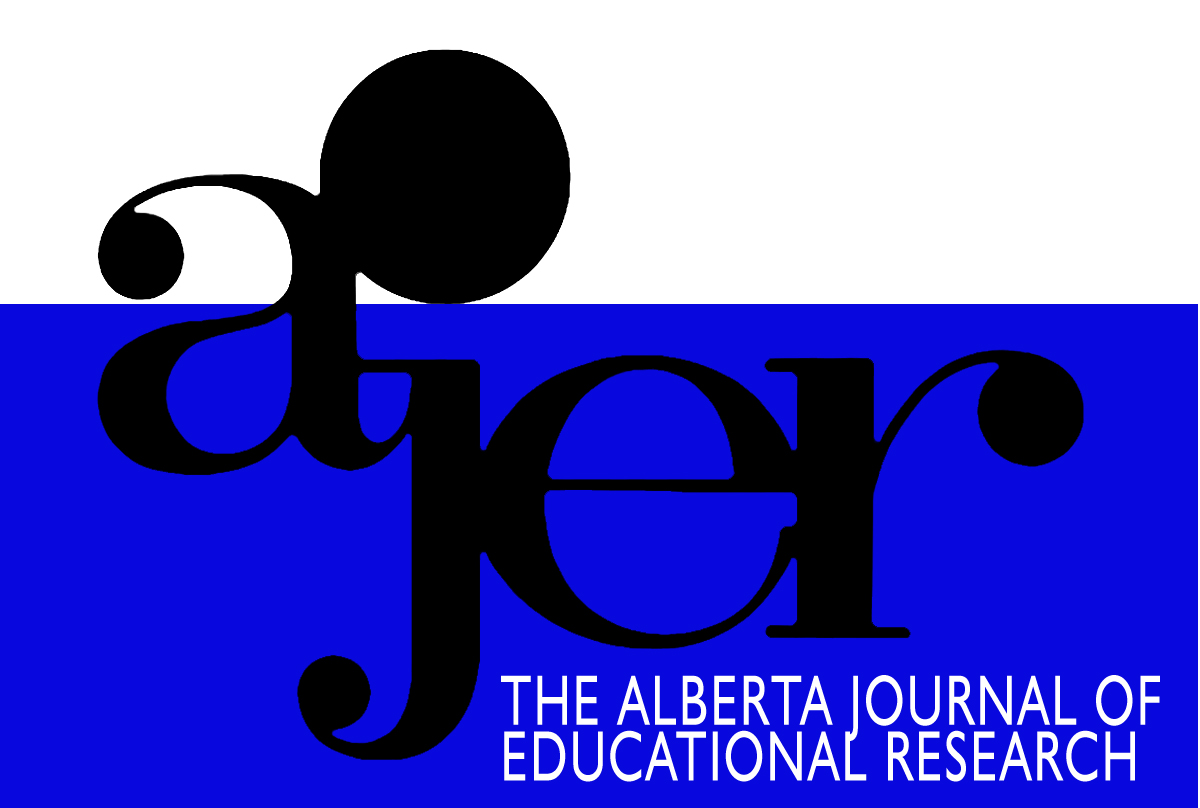Problematizing the Relationship between Rural Small Schools and Communities: Implications for Youth Lives
DOI:
https://doi.org/10.55016/ojs/ajer.v60i4.55975Keywords:
rural education, small school, community, youth, mobility, neoliberalism, Mots clés, éducation rurale, petite école, communauté, jeunes, mobilité, néolibéralismeAbstract
Small schools are often the hub of many rural communities. In the school space, a multiplicity of social, economic and political relationships are sustained, which enhance the vitality of the community. As such, the relationship between small schools and communities is often presented as a powerful one; however, too often as a harmonious, natural and simple construction. This paper article argues that when education, youth and communities are defined through apparently simple, universal, natural and neutral conceptualizations, these are commonly based on prescribed norms that reflect the dominant values of an hegemonic majority. These homogeneous and universal conceptualizations of education, youth and community serve to legitimize processes of inequality and marginalization, and to undermine the goals these aim to contribute to. This article draws from disciplines such sociology of youth, education, rural studies and political theory to problematize the relationship between small schools and communities in rural spaces by analyzing the intersection of education and youth policies, as constructed by neoliberal policies, and the idea of community as presented by communitarians. It argues for the need to rethink the relationship between small schools and communities towards a more plural and socially just one that overcomes processes of exclusion and marginalization.
Les petites écoles sont souvent au centre des communautés rurales. Une multiplicité de rapports sociaux, économiques et politiques se maintiennent à l’école, ce qui augmente la vitalité de la communauté. Le rapport entre les petites écoles et les communautés est ainsi souvent présenté comme un lien puissant; toutefois, il est trop souvent dépeint comme une construction harmonieuse, naturelle et simple. Cet article soutient que lorsque l’éducation, les jeunes et les communautés sont définis par des conceptualisations apparemment simples, universelles, naturelles et neutres, celles-ci sont généralement fondées sur des normes qui reflètent les valeurs dominantes d’une majorité hégémonique. Ces conceptualisations homogènes et universelles de l’éducation, les jeunes et les communautés viennent légitimer les processus d’inégalité et de marginalisation, et compromettent les objectifs auxquels ils voudraient contribuer. Cet article puise dans des disciplines comme la sociologie des jeunes, l’éducation, les études rurales et la théorie politique pour problématiser le rapport entre les petites écoles et les communautés dans les milieux ruraux et ce, en analysant d’une part, l’intersection de l’éducation et les politiques touchant les jeunes, telles qu’élaborées par les politiques néolibérales, et d’autre part, l’idée de communauté comme elle est présentée par les partisans du mouvement communautaire. L’article met de l’avant le besoin de repenser le rapport entre les petites écoles et les communautés de sorte à arriver à une vision davantage pluraliste et socialement équitable qui surmonte les processus d’exclusion et de marginalisation.
Downloads
Published
Issue
Section
License
UNIVERSITY OF ALBERTA COPYRIGHT LICENSE AND PUBLICATION AGREEMENT
If accepted, authors will be asked to sign a copyright agreement with the following points:
A. Where there is any inconsistency between this Copyright License and Publication Agreement and any other document or agreement in relation to the same subject matter, the terms of this Agreement shall govern.
B. This document sets out the rights you are granting in relation to publication of your article, book review, or research note entitled (the “Article”) through inclusion in the academic journal titled Alberta Journal of Educational Research (the “Journal”) published through the Faculty of Education, representing the Governors of the University of Alberta (the “Journal Editor”).
C. There will be no payment to you for this publication and grant of rights. In consideration of the agreement to publish the Article in the Journal:
1. You are warranting that:
- the content of the Article is your original work, and its content does not contain any material infringing the copyright of others; or, where the Article is not entirely your original work, you have obtained all necessary permissions in writing to grant the rights you are giving in this agreement;
- the content of the Article does not contain any material that is defamatory of, or violates the privacy rights of, or discloses the confidential information of, any other person;
- the Article has not been published elsewhere in whole or in part, and you will not allow publication of the Article elsewhere without the consent of the Journal Editor;
- the names of all co-authors and contributors to the Article are:
2. You agree to license the copyright in the Article to the Journal Editor, on a worldwide, perpetual, royalty free basis; and to the extent required by the terms of this agreement. You shall retain the right at all times to be acknowledged as the/an author of the Article.
3. You further agree that the Journal Editor has the entitlement to deal with the Article as the Journal Editor sees fit, and including in the following manner;
- The right to print, publish, market, communicate and distribute the Article and the Journal, in this and any subsequent editions, in all media (including electronic media), in all languages, and in all territories, ing the full term of copyright, and including any form of the Article separated from the Journal, such as in a database, abstract, offprint, translation or otherwise, and to authorize third parties to do so;
- The right to register copyright of the Journal;
- The right to edit the Article, to conform to editorial policy as the Journal Editor sees fit.
4. If any co-author or contributor to the Article does not sign this agreement, the Journal Editor reserves the right to refuse to publish the Article.



